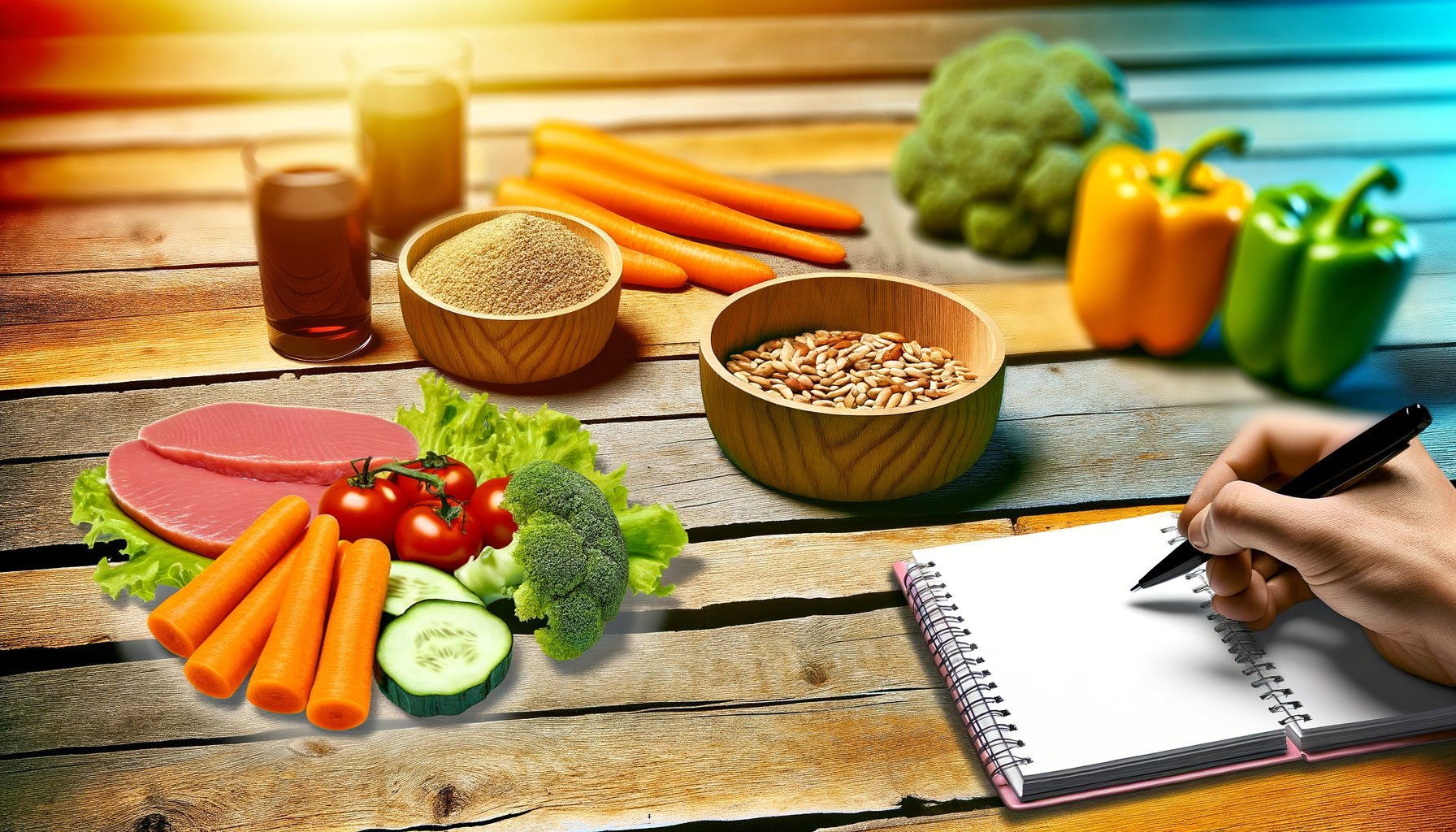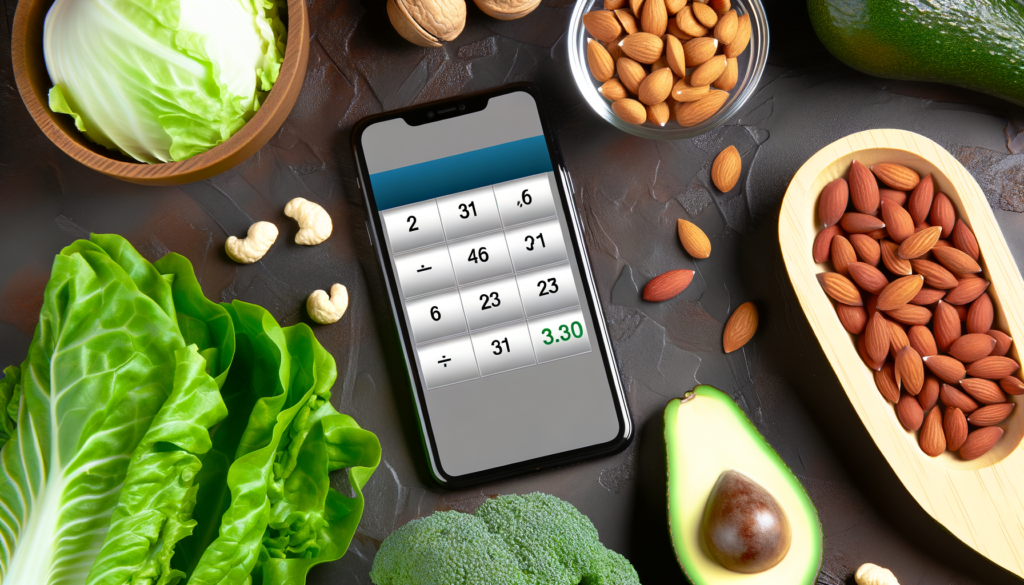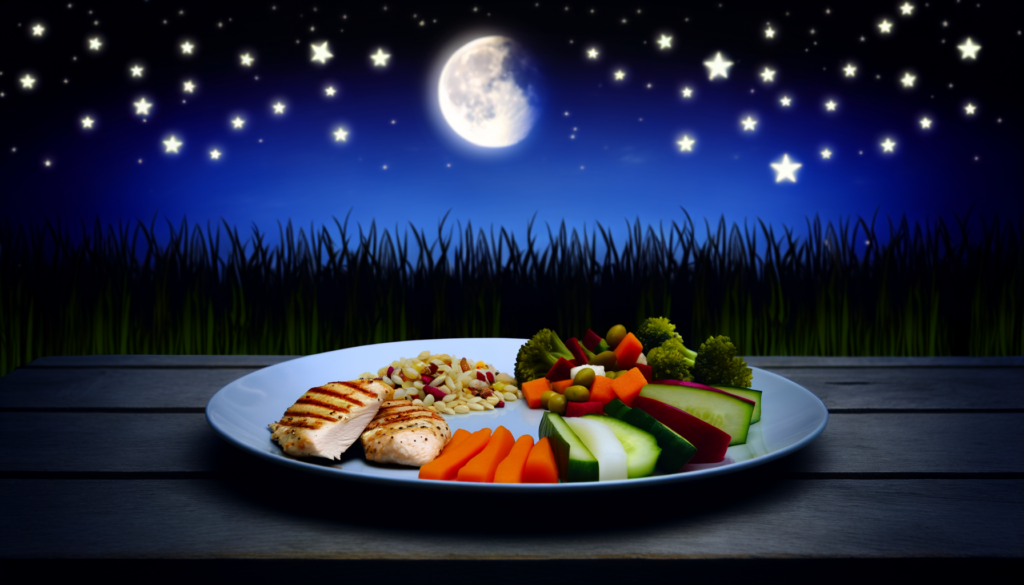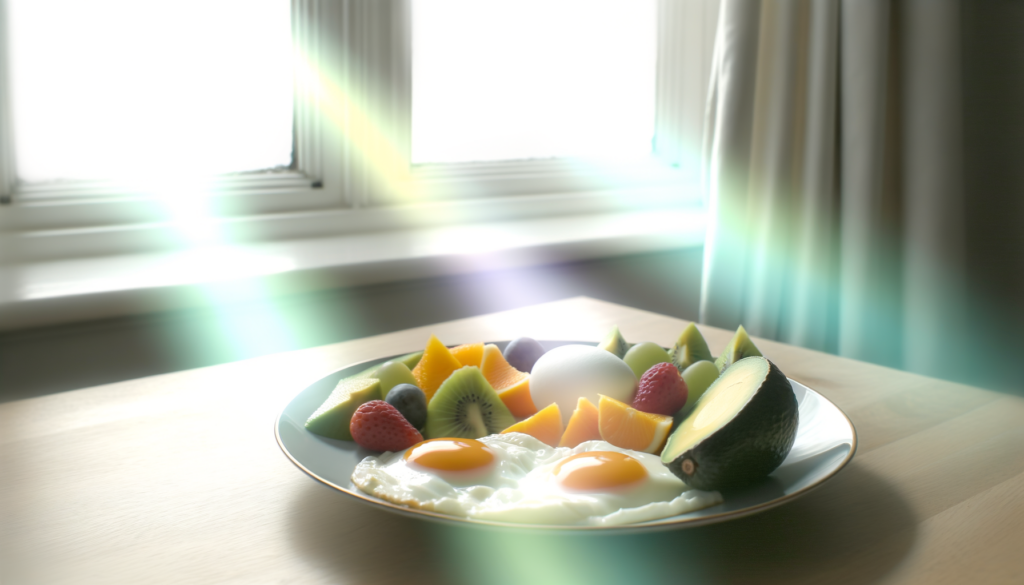The Crucial Role of Nutrition in Wound Healing
When it comes to wound healing, nutrition plays a vital role that is often overlooked but is as critical as the wound care treatment plan itself. Proper nutrition not only speeds up the healing process but also ensures that the body has the necessary resources to repair and rebuild tissue.
Caloric Demands for Wound Healing
During the healing process, the body’s caloric needs increase significantly. For individuals without wounds, the general daily caloric demands are approximately 20-25 calories per kilogram of body weight. However, for those with wounds, this can increase to 30-35 calories per kilogram, and in some cases, up to 40 calories per kilogram depending on the severity, size, and number of wounds, as well as the stage of the healing process.
For example, a person weighing 140 pounds (approximately 64 kilograms) would need roughly 1,920 to 2,240 calories per day to support wound healing. This calculation underscores the importance of ensuring adequate caloric intake to support the body’s increased energy demands.
Using Calorie Calculator Cloud for Personalized Nutrition Planning
To accurately determine and manage these increased caloric needs, tools like the Calorie Calculator Cloud are invaluable. This advanced calculator is designed to provide personalized calorie and macro nutrient recommendations based on individual factors such as body mass, height, age, biological sex, and activity level.
The Calorie Calculator Cloud uses the Mifflin-St. Jeor formula to calculate basal metabolic rate (BMR) and then adjusts for activity levels and specific health goals. This ensures that the calorie intake recommendations are tailored to the individual’s needs, whether they are recovering from a wound or managing other health conditions.
Importance of Macronutrients in Wound Healing
Carbohydrates
Carbohydrates are essential for wound healing as they stimulate the production of insulin, which helps regulate blood sugar levels and provides necessary nutrients for tissue repair. However, it is crucial to focus on complex carbohydrates rather than simple sugars. Foods high in fiber and nutrients, such as whole grains, fruits, and vegetables, are recommended over baked goods, fruit juices, and sugary cereals.
Protein
Protein is vital for building and maintaining muscle, healing tissue, and supporting a healthy immune system. During wound healing, it is important to consume protein-rich foods at each meal and snack. Good sources of protein include cheese, cottage cheese, eggs, fortified soy beverages, meat, poultry, fish, milk, tofu, and yogurt.
Fats
Fats are necessary for energy and the absorption of vitamins and fatty acids. While saturated fats can lead to inflammation, unsaturated fats from sources like avocados, peanut butter, olives, nuts, seeds, and fish are beneficial. These healthy fats support the healing process without exacerbating inflammation.
Fluids
Staying hydrated is critical for wound healing. Fluids help maintain skin elasticity, deliver oxygen and blood to the wound site, dilute blood sugar, and assist in waste removal. A common guideline is to consume 1 milliliter of fluid per calorie of daily intake. For example, if you need 2,000 calories per day, you should aim for 2,000 milliliters of fluid.
Real-World Applications and Case Studies
In real-world scenarios, using a calorie calculator like the Calorie Calculator Cloud can significantly improve wound healing outcomes. For instance, healthcare providers can use this tool to create personalized nutrition plans for patients, ensuring they receive the necessary calories, protein, and other nutrients to support their recovery.
Case studies have shown that patients who follow a well-planned diet, as recommended by tools like the Calorie Calculator Cloud, experience faster healing times and reduced complications. This is because the calculator helps ensure that the patient’s nutritional needs are met, supporting the body’s natural healing processes.
Enhancing User Engagement and Lead Generation
For health and fitness professionals, integrating the Calorie Calculator Cloud into their website can enhance user engagement and lead generation. This tool provides detailed insights into calorie and macro tracking, encouraging users to interact more deeply with the content. Additionally, the advanced data collection capabilities help in growing the customer base by offering valuable health insights.
Conclusion and Next Steps
In conclusion, nutrition is a cornerstone of wound healing, and using tools like the Calorie Calculator Cloud can significantly enhance the recovery process. By ensuring adequate caloric intake and balancing macronutrients, individuals can support their body’s healing processes effectively.
If you are looking to integrate a comprehensive nutrition planning tool into your health and fitness strategy, consider the Calorie Calculator Plans available. This tool is not just a calculator; it is a powerful solution designed to support your health goals and improve user engagement on your website.
Start your journey towards better wound healing and overall health today by leveraging the power of personalized nutrition planning with the Calorie Calculator Cloud.








